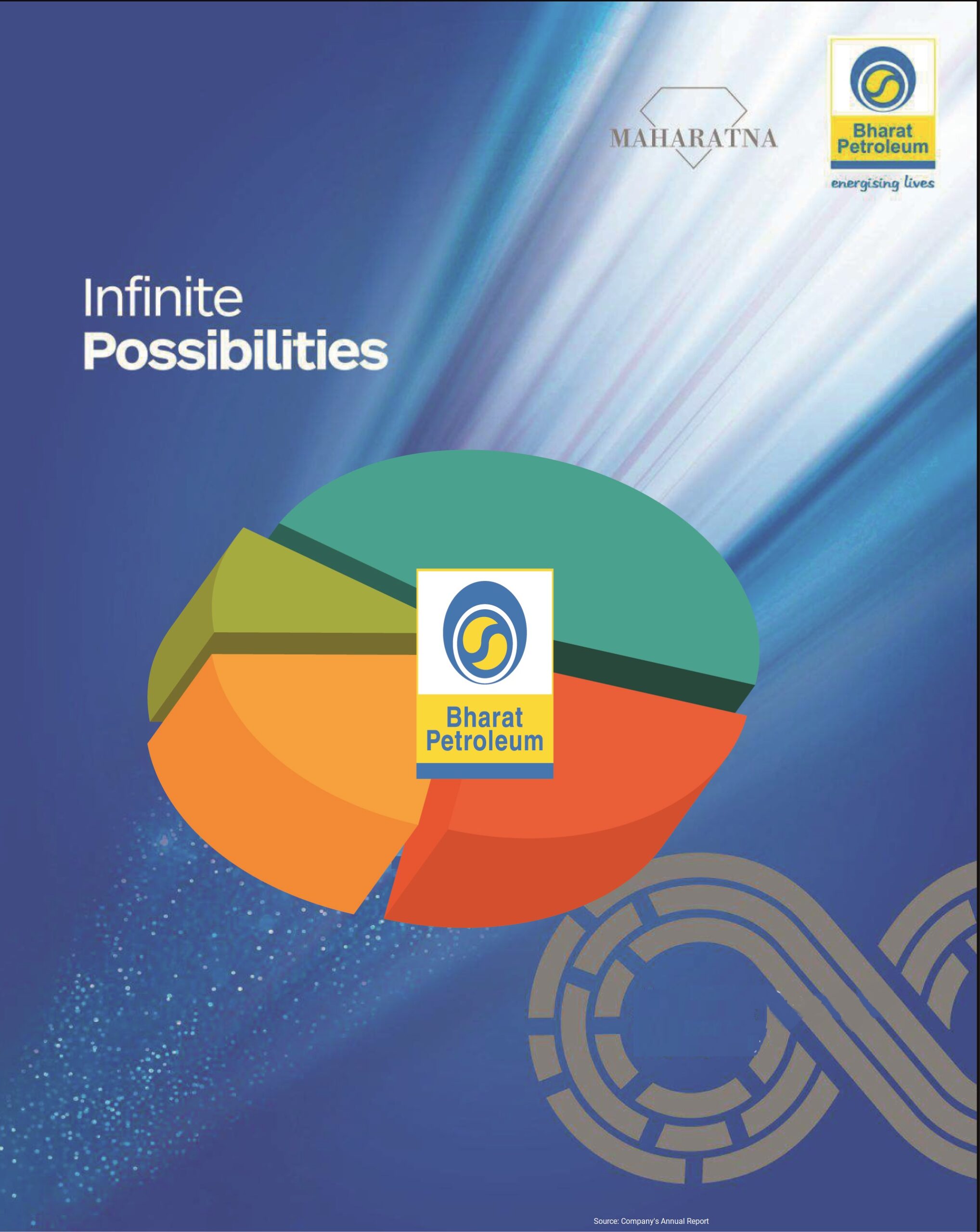The government has made a fresh case for the merger of National Spot Exchange Ltd (NSEL) with its parent Financial Technologies India Ltd (FTIL), now renamed 63 Moons Technologies Ltd.
NSEL’s dependence on FTIL for paying legal and other expenses, the bourse’s unquestioning use of the latter’s software to sell illegal contracts and the parent rushing to pre-pay a foreign loan immediately after a scam at NSEL came to light in July 2013 bolster the proposal for a merger of the two, the government said.
The government was responding to a case FTIL had filed in the Bombay high court, appealing against its merger with NSEL. On Monday, the high court asked FTIL to reply to the government’s submission and gave it time to the next hearing on 26 September to do so.
In the meantime, the stay on the FTIL-NSEL merger, which the government had ordered on 12 February seeking to make FTIL responsible for the liabilities of the fraud-hit commodities bourse, continues.
According to the 18 August court submissions reviewed byMint, the government alleged that FTIL as the parent company has provided and continues to pay for all the legal and routine expenses of NSEL.
FTIL itself considered the NSEL crisis to have implications on its business and rushed to pay a part of a $110-million external commercial borrowing (ECB) after news of the scam broke, the government submission said. Banks had been worried that FTIL may face a financial hit due to the NSEL crisis and FTIL acted to ease their concerns by prepaying the loan, the government added.
“In view of the developments in NSEL, the various lenders of ECB raised concerns regarding the repayment of their loans and after negotiations with the lenders, the company has made a part prepayment of the ECB loan of $33.25 million during the year out of the total $110 million, in compliance with the ECB guidelines. The above clearly discloses that neither FTIL nor the banks thought that there is any clear distinction between FTIL and NSEL,” said the reply filed by the government.
The banks “seemed to have expressed concern disregarding the so-called independent corporate personality even though they claim to have extended the ECB facility on a stand-alone evaluation basis,” the reply said.
The NSEL fraud surfaced in July 2013 when trading was halted on the commodities bourse in all but its e-series contracts. These, too, were suspended later.
The suspension was prompted by an instruction from the ministry of consumer affairs to the exchange, asking it not to offer futures contracts, which were not allowed on a spot exchange.
The trading halt led to a payment default of Rs.5,574.35 crore and losses to 13,000 investors.
FTIL owns 99.99% of NSEL. The company has challenged the constitutional validity of Section 396 of the Companies Act, 1956, under which the government proposed to merge the two entities in the public interest.
In an emailed response, a spokesperson for FTIL said, “The Section 396 merger matter has a serious implication for the whole corporate sector and will have far-reaching implications on local and international investors’ decision-making, which includes FDI and FIIs. Section 396 of the Companies Act has never been meant for resolving recovery issues of corporate contractual disputes, that, too, when the bona fides and KYC (know your customer) is a question for its genuineness, correctness and entitlement, observed by high-power high court committee of the Bombay high court,” the spokesperson said.
FDI is short for foreign direct investment and FII stands for foreign institutional investment.
The spokesperson also said the company will file its reply before the Bombay high court soon.
The reply filed by the government said a subsidiary with a separate corporate identity would not be so heavily reliant on the parent as NSEL is on FTIL for paying legal and routine expenses.
“The fact that the ability of NSEL is severely jeopardized and it is surviving, to proceed with recovery efforts, only on the grants given by FTIL has been admitted clearly by both respondent (NSEL) as well as FTIL,” the reply said.
Apart from this, the government alleged that if NSEL was indeed a separate entity, then it would have raised objections to the software provided by FTIL for trading in contracts that were not spot contracts.
“NSEL was not at complete arm’s length from its parent FTIL. The government, in its reply, is using a legal way to explain the issue of why a merger is merited in this particular case,” said Shriram Subramanian, founder of Ingovern Research Services Pvt. Ltd.
“A subsidiary on its own footing doesn’t completely rely on the parent for funds. But, in this case, there are a number of transactions that can be termed to be not completely at arm’s length. A company cannot hide behind the argument of the corporate veil. The new Companies Act has made sure that any fund transfer has to be properly documented to ensure that all transactions are at arm’s length,” Subramaniam added.
Recent Articles on M&A
Source: Mint




